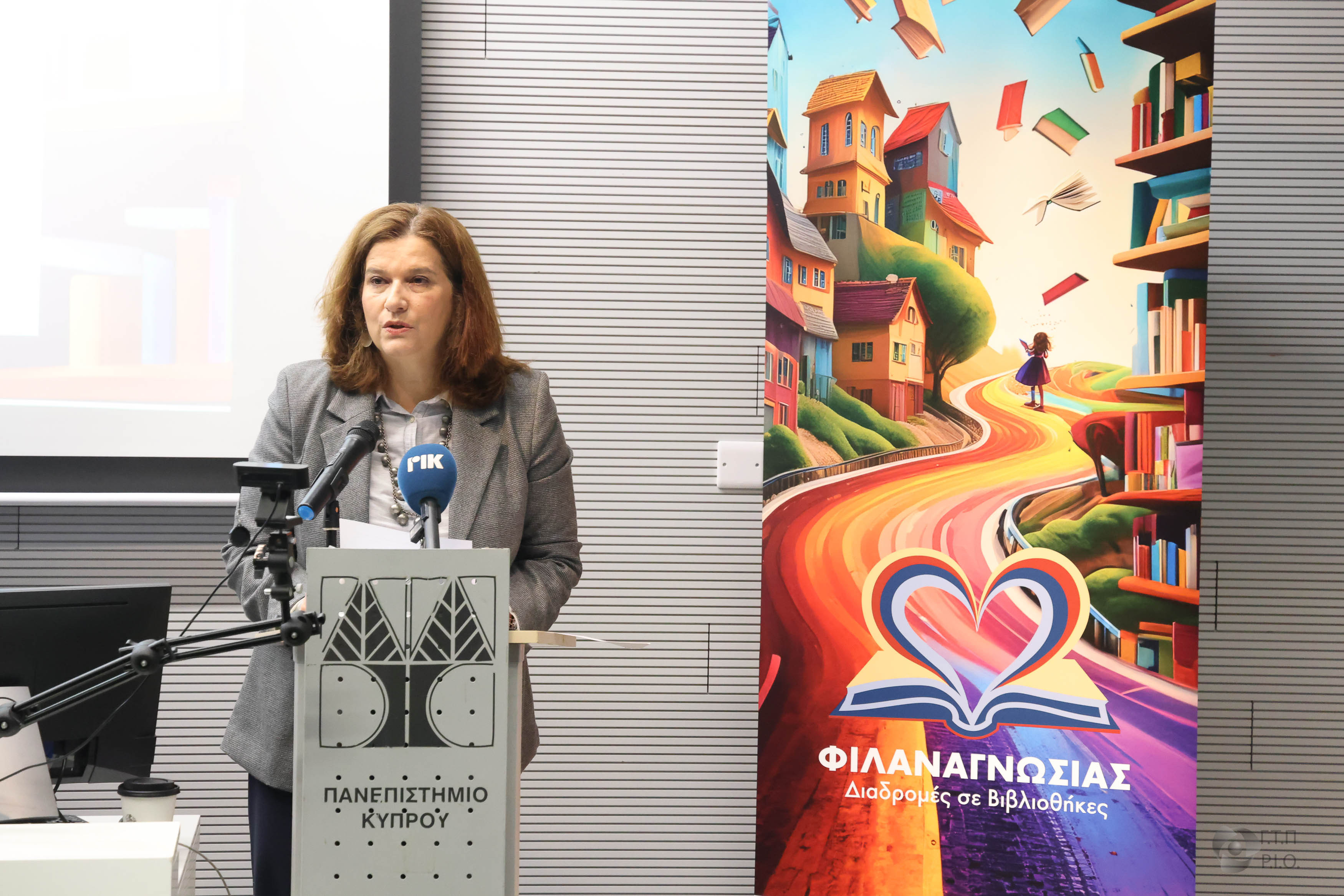The official withdrawal of a publication linked to the Cyprus’ participation in the 19th International Architecture Biennale in Venice, was not a matter of censorship due to politics but to legality, Deputy Minister Vasiliki Kassianidou told MPs on Wednesday.
In a lengthy speech before the House education committee, Kassianidou said the authors did not have the right to list the deputy ministry of culture as a publisher.
“The simple cooperation or funding of an action does not constitute universal or automatic editorial consent for any book that may accompany this action,” she said.
As an academic with long-standing experience in publishing issues, both as an author and as an editor, the deputy minister said the declaration of any entity as a publisher requires the prior explicit and documented consent of the entity in question, following full information, examination of the material and, where required, evaluation and submission to scientific judgment and quality control procedures.
“From the review of our archives so far, there is no documented official written approval by the deputy ministry of culture to be listed as the publisher,” Kassianidou said.
“This omission violates basic principles of ethics and public identity management. It creates false impressions because it presents the deputy ministry, and by extension the state, as the publisher of the book, without this reflecting reality.”
As a result, she added, it creates confusion among the public regarding the official support, content approval, and policy of the deputy ministry, which is incompatible with the prescribed publication approval procedures.
“This is precisely the reason why I requested the withdrawal of the book in question, as the deputy ministry never consented to its inclusion as a publisher,” she said.
The book, written in the Cypriot dialect, details events of the 1974 Turkish invasion was withdrawn after Diko MP Pavlos Mylonas, who chairs the House education and culture committee, raised concerns.
He accused the government of failing to properly oversee cultural funding and content.
Reportedly at issue were “unacceptable references” which the writers claimed were taken out of context. The references spoke about “the war, which through its dramatic and violent brutality led to the forced exchange of populations and the displacement of the majority of Greek Cypriots from north to south and the majority of the Turkish Cypriots from south to north.” It also referred to the Turkish invasion as a “war clash.”
Kassianidou said at the time the book was withdrawn because “this edition had never been given the approval of the deputy ministry and because it was discovered that it contained problematic references.” Her action to withdraw it was also backed by the president.
The association of visual artists and art theorists (Phytorio) condemned the government’s decision to withdraw a publication, calling it “a form of censorship” and warning of growing control over artistic expression.
On Wednesday the deputy minister told MPs she had requested a full report on the facts and was briefing them now on the information she had at her disposal so far.
“I reserve the right to respond to certain issues when I have the full picture,” she said, adding that the furore surrounding the event had been “unfair”.
Kassianidou said the publication presents the personal perception of its authors regarding the events of the Turkish invasion and the political management of the Cyprus problem.
“Obviously, we live in a democratic society, where every citizen has the right to express his personal views freely,” she said.
“They [the authors] do not, however, have the right to include, without its approval, the deputy ministry of culture as the publisher of this book, nor to require the deputy ministry to finance, with public money, its production and printing.”
She also said the deputy ministry would be strengthening the clauses regarding publications and other actions that request the use of the deputy ministry of culture logo and are produced for the purposes of state representation at international events.
“I am fully aware that the balances in this matter are delicate, as there is a need to safeguard the right to freedom of expression and the right to free artistic creation, rights which the deputy ministry embraces, respects and safeguards.”






Click here to change your cookie preferences